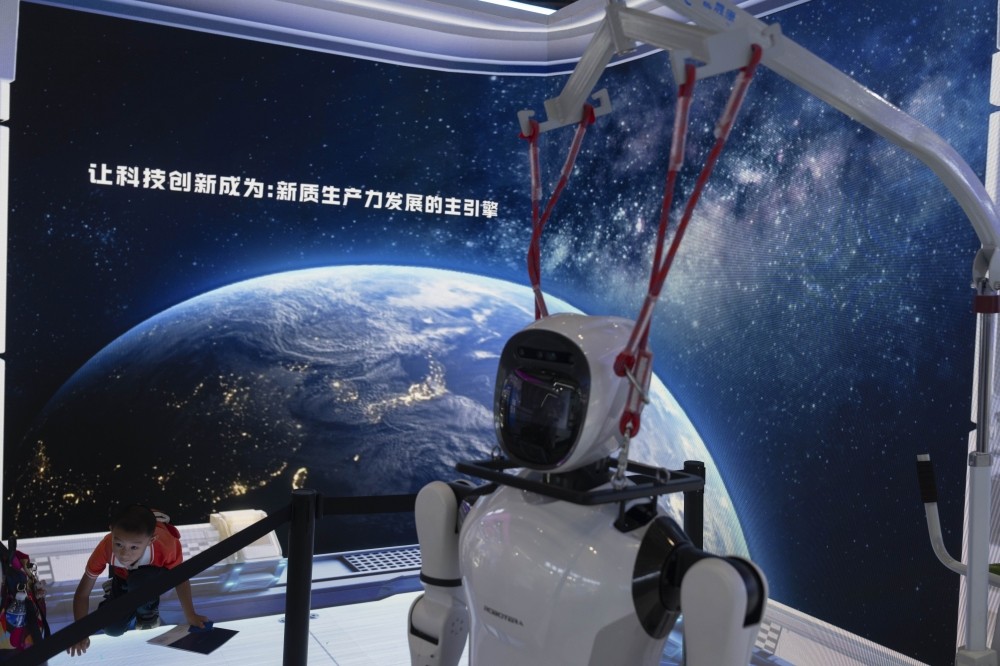17/07/2024
17/07/2024

BANGKOK, July 17, (AP): In a year of major elections that will determine the destinies of many countries, China’s ruling Communist Party is holding closed, top-level meetings in Beijing to set strategies for reviving its slowing economy.
State media likened the meetings that end Thursday to reforms started in the late 1970s that opened China's economy to foreign investment and private enterprise. State broadcaster CCTV said the agenda for this year’s meetings is to study and endorse "all-around deepening reforms.”
Nearly a half-century after the late leader Deng Xiaoping launched China’s ascent as a manufacturing powerhouse, the party is doubling down on leader Xi Jinping’s blueprint for technology- and national security-focused development. Economists say it’s unclear if that will fix the chronic problems dragging on the economy, including a weak job market, massive local government debts and a prolonged slump in the property industry.
While those problems are mostly domestic headaches, the health of the world's second-largest economy has an impact way beyond its borders, affecting business activity, financial markets and job opportunities across the globe.
On Monday, the government reported that the economy grew at a 4.7% annual pace in the last quarter, down from 5.3% in January-March. In quarterly terms, it slowed to 0.7% from 1.5%.
Property sales fell nearly 27% for the year through June from a year earlier, and retail sales increased only 2% in June, the lowest level since the coronavirus pandemic.
Despite a cash-for-clunkers program and other initiatives launched this spring to coax people to replace old cars and appliances, vehicle sales sank 6.2% from a year earlier in June while sales of appliances and electronics dropped 7.6%.
Given the vital role housing plays in household wealth, "We expect retail sales will remain weak without fundamental improvement in the property sector," Raymond Yeung and other economists at ANZ Research said in a report.
China's people are keeping a tight rein on spending, wary over job losses, the minimal social safety net, costs for education and other risks. Economists say that without fundamental reforms that allow workers to retain more of the nation's wealth, consumer demand is likely to remain subdued.


